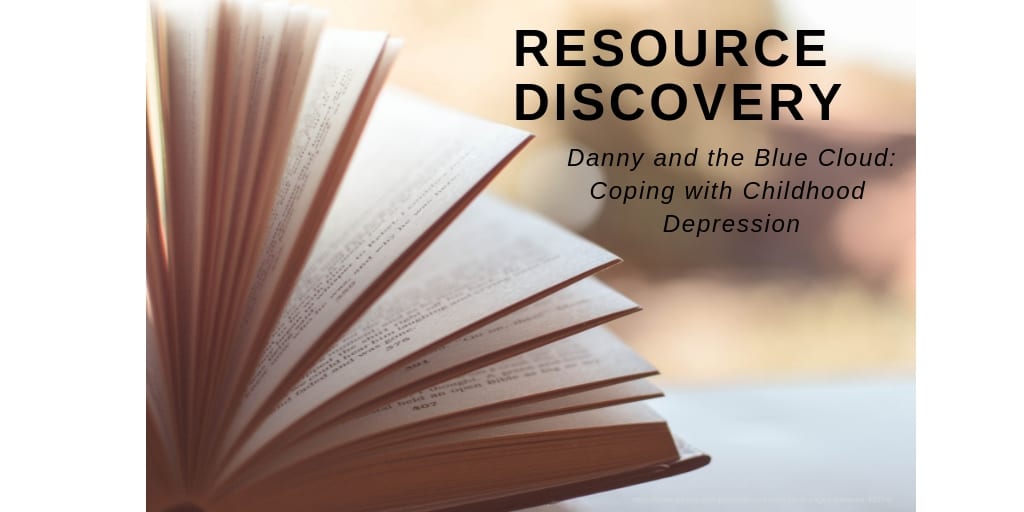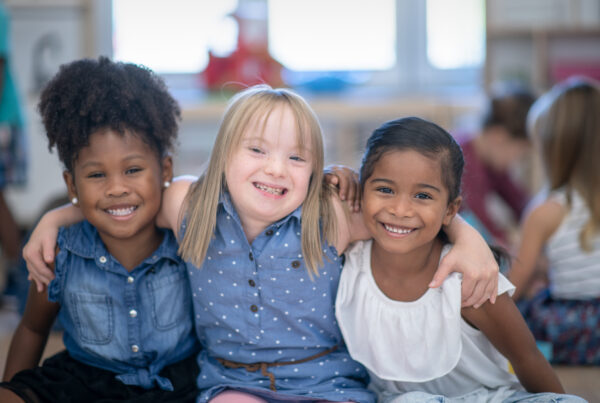By: Jason M. Jowers

Pexels[Book by Caio, CC0]
Recently, I had the pleasure of spending some time with my brother, his wife, and my 15-month old niece. While the adults talked, my niece (who just so happens to be building increased confidence since she started walking) fell and landed on her hands and knees. Everyone immediately turned to grab her up and make sure she was ok, with my mother making it to her first. Instead of making an issue of it, my mom stood by her granddaughter and said “You’re ok; walk it off” in a very light-hearted way. On previous times when my niece had fallen, she would cry and you would think the world had ended. But on this occasion, she simply got back up and took off running around again. This was an example I was seeing first hand of things I had been reading about childhood resiliency recently and ways that parents, caregivers, and other adults can help kids to improve. Some of the best ways to help is to highlight the inner strength that others have as well as how we respond to struggles. My mom’s response to my niece falling for one, acknowledged that it happened, and two, modeled how to respond to it. It changed the context of this incident being something that could have resulted in a major meltdown, to just being a minor blip and helped to promote resiliency.
When we think of resilience we think of the ability to bounce back from anything that life throws our way. Some of us are naturally resilient and can continue to push ahead when faced with adversity, while many of us struggle with physical and psychological strain. Children are also susceptible to these struggles, especially military children who face increased anxiety around deployment and having parents who are deployed. Deployment throws the family system into an upheaval. According to this article from US News, “Reducing Mental Health Risks for Kids in Military Families,” military children are more likely to experience increased anxiety, depression, and other mental health and behavioral issues as a result of a parent’s deployment. So how do we combat or prevent these mental health risks for kids in military families? The previously mentioned article includes steps that parents and caregivers can take to provide support for children including: improved communication, connecting emotionally, taking advantage of online resources and apps, and keeping mementos of a parent while they are gone on deployment.
A great resource that we found is this nice storybook for kids and parents called “Danny and the Blue Cloud: Coping with Childhood Depression” by James M. Foley. This book shares what are called “Feel Good Rules,” which are helpful tips and ideas to help kids cope when they are down. Also included is a note to parents and caregivers with info on what childhood depression looks like and how it presents itself, as well as strategies to help. This book does a great job illustrating ways for kids to be resilient in the face of adversity.
For more resources on helping children cope and to overcome all manner of challenges, be sure to head on over to our Kids Serve Too Series page! This webinar series is a collaboration between OneOp and Sesame Street for Military Families and focuses on topical issues that military children face. CEUs are still very much available to all of those that are interested.
Also, be sure to take a look at out upcoming Resilience Series, that will focus on promoting protective factors to support personal, family and community resilience. This webinar series will take place in August 2019, so be sure to RSVP for all the webinars we have coming up!
References
Foley, J. (2016). Danny and the Blue Cloud: Coping with Childhood Depression. New York, NY: APA Magination Press. https://www.apa.org/pubs/magination/441B188
Schroeder, M. (2016). Reducing mental health risks for kids in military families. U.S. News. Retrieved from: https://health.usnews.com/health-news/health-wellness/articles/2016-02-18/reducing-mental-health-risk-for-kids-in-military-families
This post was written by members of the OneOp Family Development Team. The Family Development team aims to support the development of professionals working with military families. Learn more about us at https://oneop.org/family-development, and connect with us on Facebook, and on Twitter. Subscribe to our Anchored. podcast series on iTunes and via our podcast page.




![Blog Post Image: Pexels [Silhouette Photo of Jumping Children, photo by Margaret Weir, Sept. 22, 2017, CC0]](https://oneop.org/wp-content/uploads/2024/04/pexels-margaret-weir-620530-600x403.jpg)










